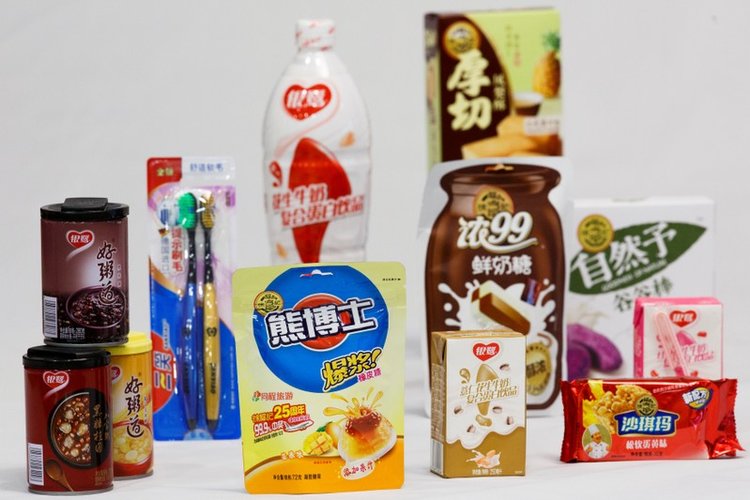The trade fight by the US is not only harmful to the speed of Chinese growth but to global growth, affecting the American economy too.
Just this past week, China sat down with African states in Beijing to discuss trade and international economics and finances where Zimbabwe was ably represented by President Emmerson Mnangagwa. Given the behaviour of the Chinese economy, its bureaucracy and mood in international relations, if there is any friend that every progressive nation must yearn to befriend, it is China.
For starters, China is home to 18 percent of the global population. This demographic strength puts the country as a significant consumptive market of goods and services, the majority of goods which Africa can ably afford to supply from the extractive and agriculture sectors. In Zimbabwe alone, China is the leading buyer of its tobacco. China has a massive smoking population and has industries demanding the scores of other by-products of the golden leaf. Zimbabwe’s buoyant diamond also flows to Beijing.
In 2018, China is expecting an encouraging 6.9% economic growth and such growth is expected to spur 33% of global economic growth from its $3.6 trillion economy. Evidently America is not happy about this. Instead, Capitol Hill prefers to put sand into the cake so that neither China, America nor the rest of the global community can eat it. If there is any cake, it better be America’s. If the cake cannot be America’s, then nobody must have it. This is the thinking of the bullying politics of America. In economics alone, China is proving to be a prudent actor hands down.
Now, the beauty of the Chinese economy is its consumptive potential at home, its stable political pedestal and strict financial discipline in both the private and public sectors. China is one friend to have, keep and emulate. Away from economics, China is a very accommodating political friend. China does not look for opportunities to bully any nation, weak or strong. Its non interference stance in domestic politics is useful for firming and enduring friendships. While the USA and its erstwhile European friends, mostly France, seek to perpetuate their colonial dominance over former colonies and new frontiers, China seeks to stick to mutually benefiting economic partnerships.
In 1962, China had a lowly $47 per capita Gross Domestic Product, today, 56 years later, the Chinese economy has strengthened to afford its citizens a $15300 per capita income, with a massive leap of $10702 recorded in the past ten years alone. This firm economy is one which every prudent nation should tap into, both in the supply and demand mechanics of trade. Zimbabwe is one such nation whose trade relations with the Asian giant is firming, thanks to President Mnangagwa’s administration.
The beauty about Chinese models of international cooperation is that China seeks to establish sustainable working relations with its partners through investment in technologies of production and infrastructure. In Zimbabwe, the Chinese recently completed a $2 billion power plant at Kariba South. They are also at Hwange, expanding the thermal power plant’s power generation capacity. The Chinese also gifted Zimbabwe with the state of the art 60 thousand-seater National Sports Stadium and the Chinhoyi Provincial Hospital back in the 1990s. These are very useful national institutions that have brought great benefit to the nation. Instead of doing this, western nations do not want to invest in production technologies and life-changing infrastructures; rather they see a giant supermarket in Africa where nothing but finished goods must be offloaded en-masse.
While the western countries are busy running the villages with sack-fuls of grain food aid, the Chinese are building dams, hospitals and schools in Africa in order to capacitate sustenance. They are also involved in capacity building engagements in Africa, part of which involves the Forum for China Africa Cooperation (FOCAC) where win-win multilateral cooperation ideas are exchanged.
Whether or not China is going to win the trade wars brought to its doorstep by Washington, it remains wise that nations seeking economic progress must embrace Beijing. Beijing is also a willing negotiator which does not use guns where word must be used. Today, China is not involved in any extra-territory scuffle with any nation despite its military defence (and attack) strength. Meanwhile Washington has a ministry that went short of being named the ministry of international war. This ministry was conveniently named as the Foreign Office. Anything which lacks guns and bombs in America’s foreign policy is not worth pursuing for the American Administration.
Every African nation is today on its toes peeping the walls of Beijing for the spoils of friendship are indeed beckoning.




